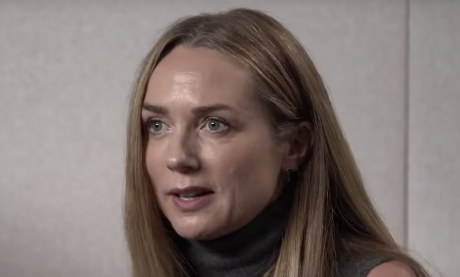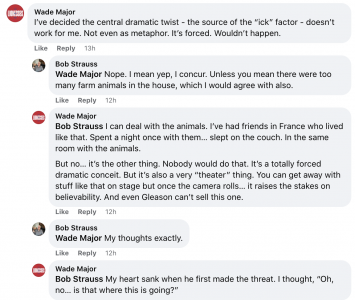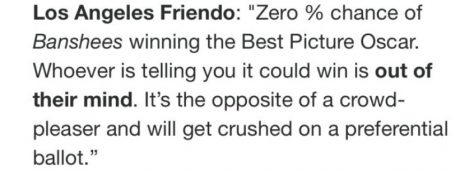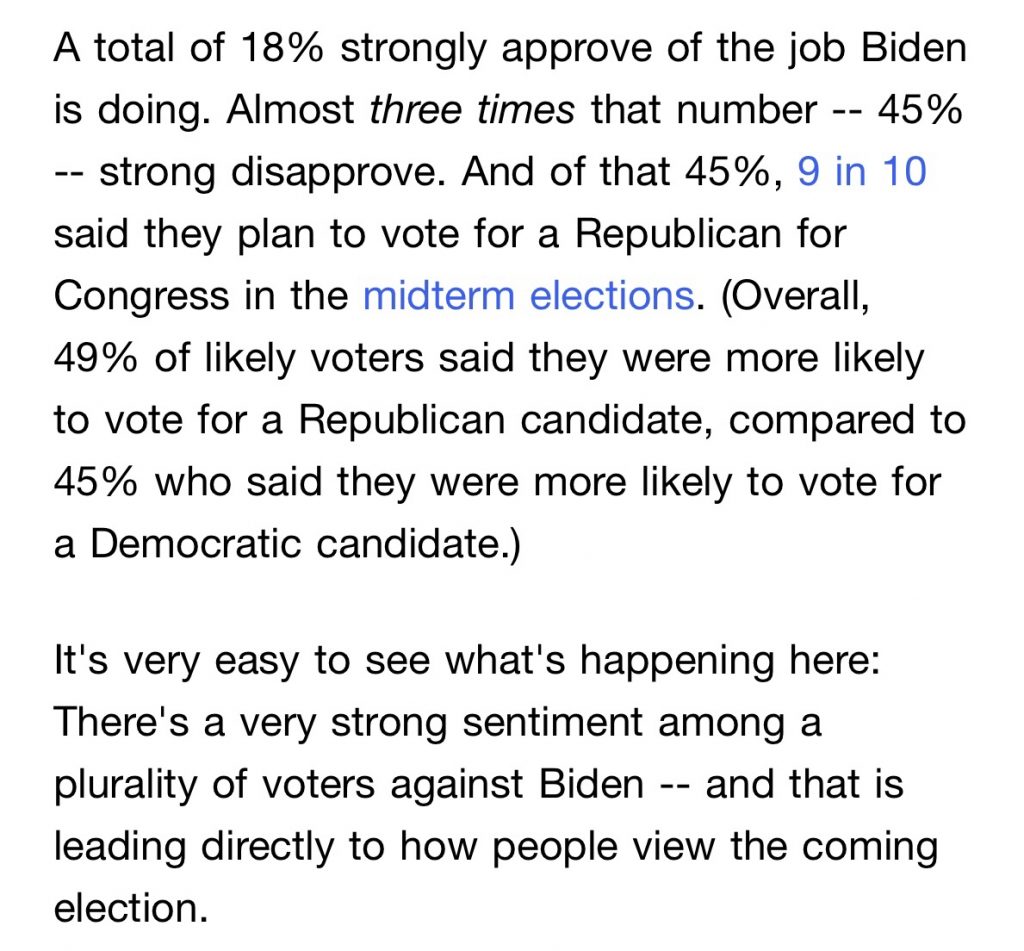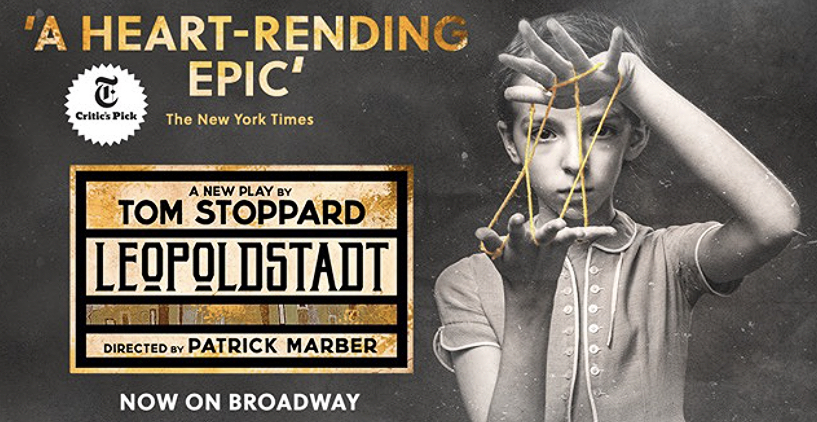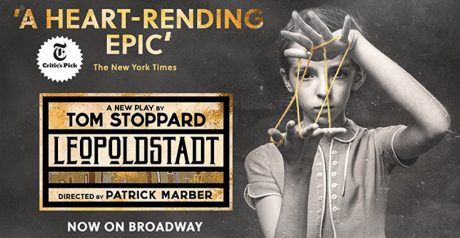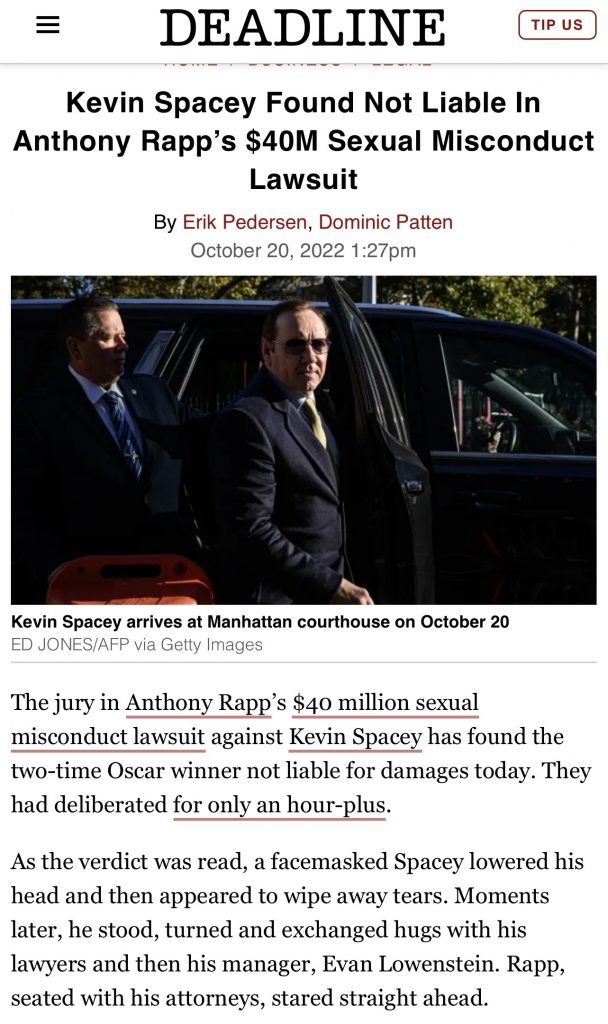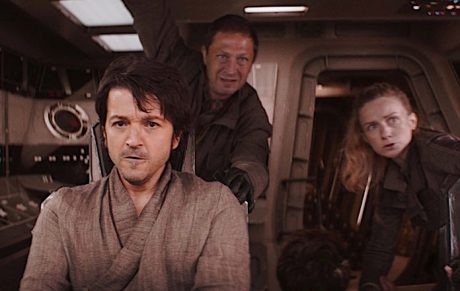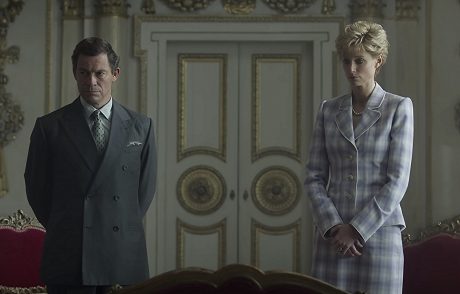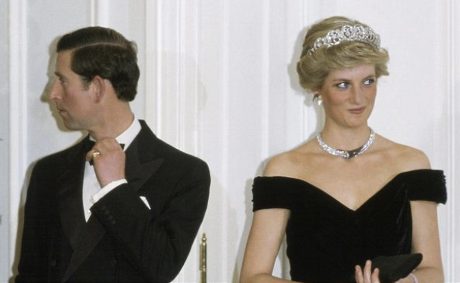Three days ago Criterion laid off 16 staffers, or roughly 20% of its 80-person workforce. Peter Becker called it a “reorganization” brought about by new “challenges and opportunities.” What he meant is that Criterion income has been shrinking and they have no choice but to cut back on expenses. The home-video world is changing. Physical media is dying and streaming is king. And Criterion’s film-snob appeal isn’t what it used to be. Hell, they’re still dragging their feet in the matter of 4K Blurays.
The snob thing has been a yes-no factor for decades. If you don’t like snob films, you’re not a true Criterion person, and they’ve been dining out on this sensibility since the ’80s. For every Malcom X Bluray (Spike Lee populism at its finest), there are ten dweeb titles. That’s how they roll.
Look at their current offerings — Bergman Island (a better-than-decent film but obviously aimed at people who prefer arugula salads to pizza or hot dogs), Lars von Trier’s Europe Trilogy, the 1934 Imitation of Life, Terry Gilliam‘s The Adventures of Baron Munchausen, Todd Haynes‘ The Velvet Underground doc, Three Films by Mai Zetterling, a Michael Haneke trilogy, Jane Campion‘s nearly-impossible-to-rewatch The Power of the Dog.
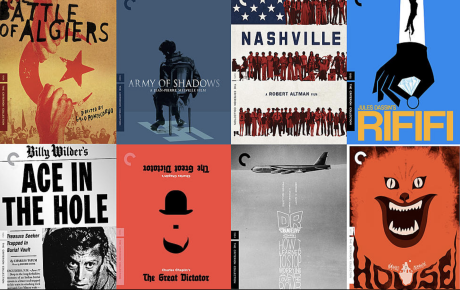
Criterion should release more ’70s noirs like Don Siegel‘s Charley Varrick and John Flynn‘s The Outfit.
Why didn’t Criterion ever release a decent Bluray of David Jones‘ adaptation of Harold Pinter‘s Betrayal (’83)?
As irritated as I’ve been over the visual quality of certain Criterion releases over the last 15 years (way too much inky darkness in their Only Angels Have Wings and Rebecca Blurays, horrible digital mosquito grainstorming in several Blurays of black-and-white classics, the Dressed To Kill fiasco, the relatively recent teal plague, releasing A Hard Day’s Night within a 1.75 aspect ratio rather than 1.66) I still love them for the blue-chip, grade-A presentation factor, and would like to see their physical media business continue indefinitely.
I’m very sorry they’re going through a rough patch.
Daniel Kremer on Facebook (posted yesterday):
“In contrast to other companies producing physical media, Criterion increasingly comes off like a cold monolith, too stuck in a pattern of ‘we’re the Criterion Collection, motherfuckers…don’t you know who we are?! You move with us — we don’t move with you.’
“The result? Kino Lorber, Arrow, Imprint, Indicator and other boutique labels easily moved into their space –– a space that they first colonized.

